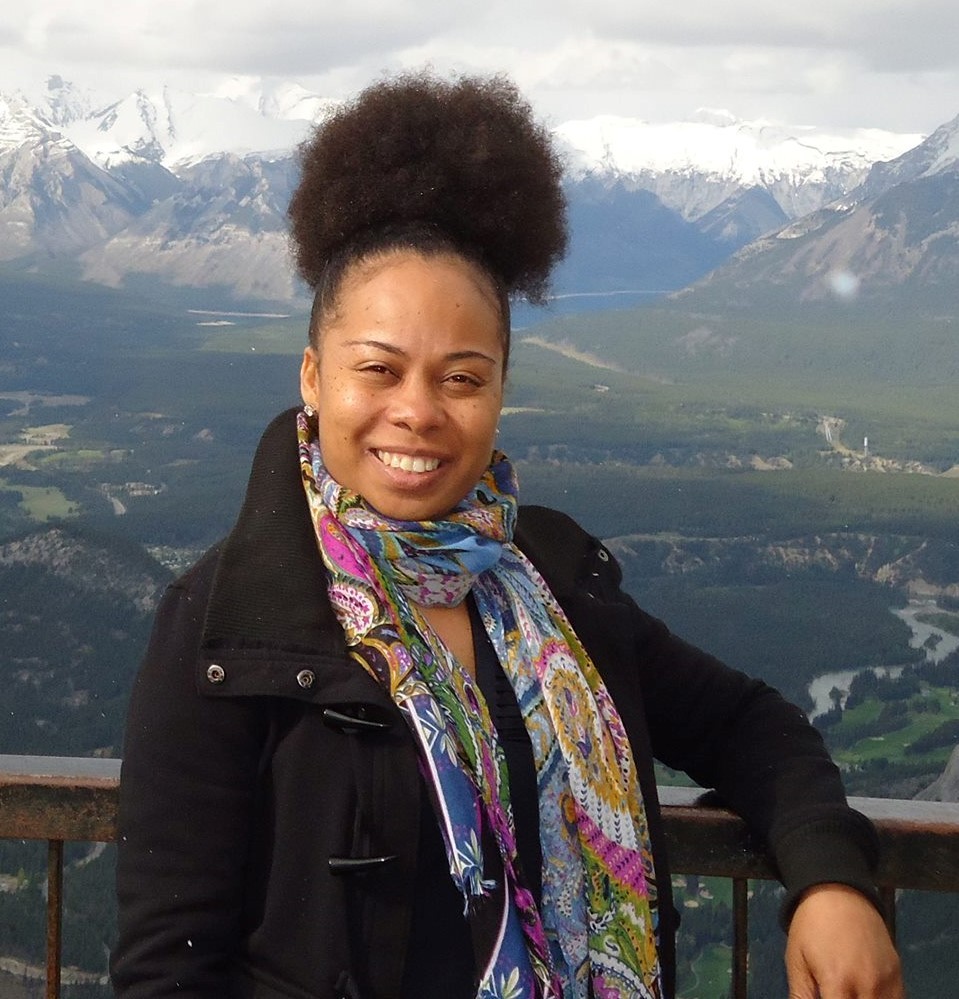- Home
- About Us
- The Team / Contact Us
- Books and Resources
- Privacy Policy
- Nonprofit Employer of Choice Award

 In February 2015, after an extensive national search, I was named the first black woman appointed as Executive Director (E.D.) of a National Partner Organization in Canada’s HIV response; to lead Realize (formerly the Canadian Working Group on HIV and Rehabilitation). I migrated to Toronto from Trinidad & Tobago (T&T) in August 2012. It meant that I, a ‘Newcomer’, as we are called in Canada, after only 2 ½ years of working and living in my new home country, was now leading a national non-profit organization. Intimidated one might ask? No, it was more like terrified, but in a good way. I wanted to do the best job possible and as anyone who tends to be an over-achiever would tell you, terror can lead you to do great things, or maybe it’s just me who says that!
In February 2015, after an extensive national search, I was named the first black woman appointed as Executive Director (E.D.) of a National Partner Organization in Canada’s HIV response; to lead Realize (formerly the Canadian Working Group on HIV and Rehabilitation). I migrated to Toronto from Trinidad & Tobago (T&T) in August 2012. It meant that I, a ‘Newcomer’, as we are called in Canada, after only 2 ½ years of working and living in my new home country, was now leading a national non-profit organization. Intimidated one might ask? No, it was more like terrified, but in a good way. I wanted to do the best job possible and as anyone who tends to be an over-achiever would tell you, terror can lead you to do great things, or maybe it’s just me who says that!
I had worked with the organization as the Manager, Programs and Communications, so I knew the culture. I’d also been the head of an organization in T&T, so I knew the perils that accompany executive leadership. I asked myself, was leadership in the T&T context and leadership in the Canadian context different? Here are a few things I’ve learned or experienced on this part of my journey so far:
Show me your leader If we’ve never met, let me share something with you, I’m a petite black woman who typically has her hair coiffed in a natural ‘fro, or styled in locks, but either way, when you see me, you know that I’m a woman of colour. Working at the national level, often with federal policymakers, academics and other key stakeholders, I was initially surprised to be the only visible minority in the room. This is slowly changing and many other executives in the rooms in which I usually find myself, are becoming more diverse.
Social capital Having lead an organization in T&T, I know how critically important an executive’s social capital is to the position they hold. It was one of the areas that I openly admitted that I would have to work on, when I interviewed for this position. To continue building my social capital here in Canada, I have made networking into a fine art.
Being true to who you are Migrating to Canada as an adult, I still speak with a very strong Trinbagonian accent. Often in meetings with my staff I use Trinbagonian sayings that have now parlayed into normal usage among our team, as well as among our myriad stakeholders nationwide. The fluidity of who you are, as much as who you choose to be, can either be a strength or a weakness in executive leadership. At the end of the day, people can glean when you are being authentic and when you are not. If your authentic self is not a right fit for the organization, or vice-versa it’s ok if your circumstances allow, to move along.
In February 2015, Tammy C. Yates became the first black woman to be appointed as Executive Director of a National Partner Organization in Canada’s HIV response when she was named to lead Realize (formerly the Canadian Working Group on HIV and Rehabilitation – CWGHR).